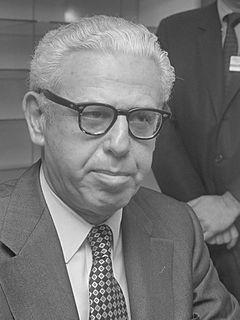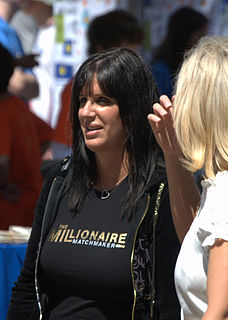A Quote by Hesiod
He harms himself who does harm to another, and the evil plan is most harmful to the planner.
Related Quotes
And finally remember that nothing harms him who is really a citizen, which does not harm the state; nor yet does anything harm the state which does not harm law [order]; and of these things which are called misfortunes not one harms law. What then does not harm law does not harm either state or citizen.
Forgiveness does not mean that we have to continue to relate to those who have done us harm. In some cases the best practice may be to end our connection, to never speak to or be with a harmful person again. Sometimes in the process of forgiveness a person who hurts or betrayed us may wish to make amends, but even this does not require us to put ourselves in the way of further harm.
In the state of nature, wrong-doing is impossible; or, if anyone does wrong, it is to himself, not to another. For no one by the law of nature is bound to please another, unless he chooses, nor to hold anything to be good or evil, but what he himself, according to his own temperament, pronounces to be so; and, to speak generally, nothing is forbidden by the law of nature, except what is beyond everyone's power.

































